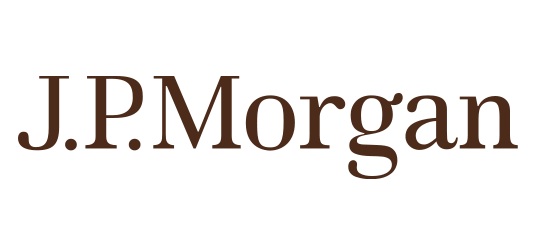In what is the first action by a large U.S. financial institution as a result of sanctions against Russia, mega-bank J.P. Morgan Chase & Co. (NYSE: JPM) blocked a transfer of funds from Russia’s embassy in Astana, Kazakhstan, to Russian insurance company Sogaz, which is partly owned by Bank Rossiya. The bank is one of the individuals and organizations on the Treasury Department’s sanction list.
According to a report in the Financial Times, the amount involved was less than $5,000.
Russia’s foreign ministry reacted quickly:
If the American financial structure is expected to earn points in the eyes of the White House in this way, then that decidedly goes too far.
J.P. Morgan also issued a statement:
As with all US financial institutions that operate globally, we are subject to specific regulatory requirements. We will continue to seek guidance from the US government on implementing their recent sanctions.
The bank could process the payment if the Treasury Department approves the transfer, one source told Bloomberg News.
Russia of course is threatening retaliation against U.S. diplomats in Russia:
Any hostile actions against the Russian diplomatic mission are not only a grossest violation of international law, but are also fraught with countermeasures that unavoidably will affect activities of the embassy and consulates of the U.S. in Russia.
In a similar case involving credit card transactions, the Treasury Department did allow Visa Inc. (NYSE: V) to process transactions for SMP Bank, but it did not lift the restrictions on transactions at Bank Rossiya.
J.P. Morgan reported that its exposure to Russia totaled $4.7 billion in 2013, of which $4.7 billion is in loans and $700 million is in trading and investing. That makes Russia just the 18th largest market for the bank.
Take Charge of Your Retirement In Just A Few Minutes (Sponsor)
Retirement planning doesn’t have to feel overwhelming. The key is finding expert guidance—and SmartAsset’s simple quiz makes it easier than ever for you to connect with a vetted financial advisor.
Here’s how it works:
- Answer a Few Simple Questions. Tell us a bit about your goals and preferences—it only takes a few minutes!
- Get Matched with Vetted Advisors Our smart tool matches you with up to three pre-screened, vetted advisors who serve your area and are held to a fiduciary standard to act in your best interests. Click here to begin
- Choose Your Fit Review their profiles, schedule an introductory call (or meet in person), and select the advisor who feel is right for you.
Why wait? Start building the retirement you’ve always dreamed of. Click here to get started today!
Thank you for reading! Have some feedback for us?
Contact the 24/7 Wall St. editorial team.



